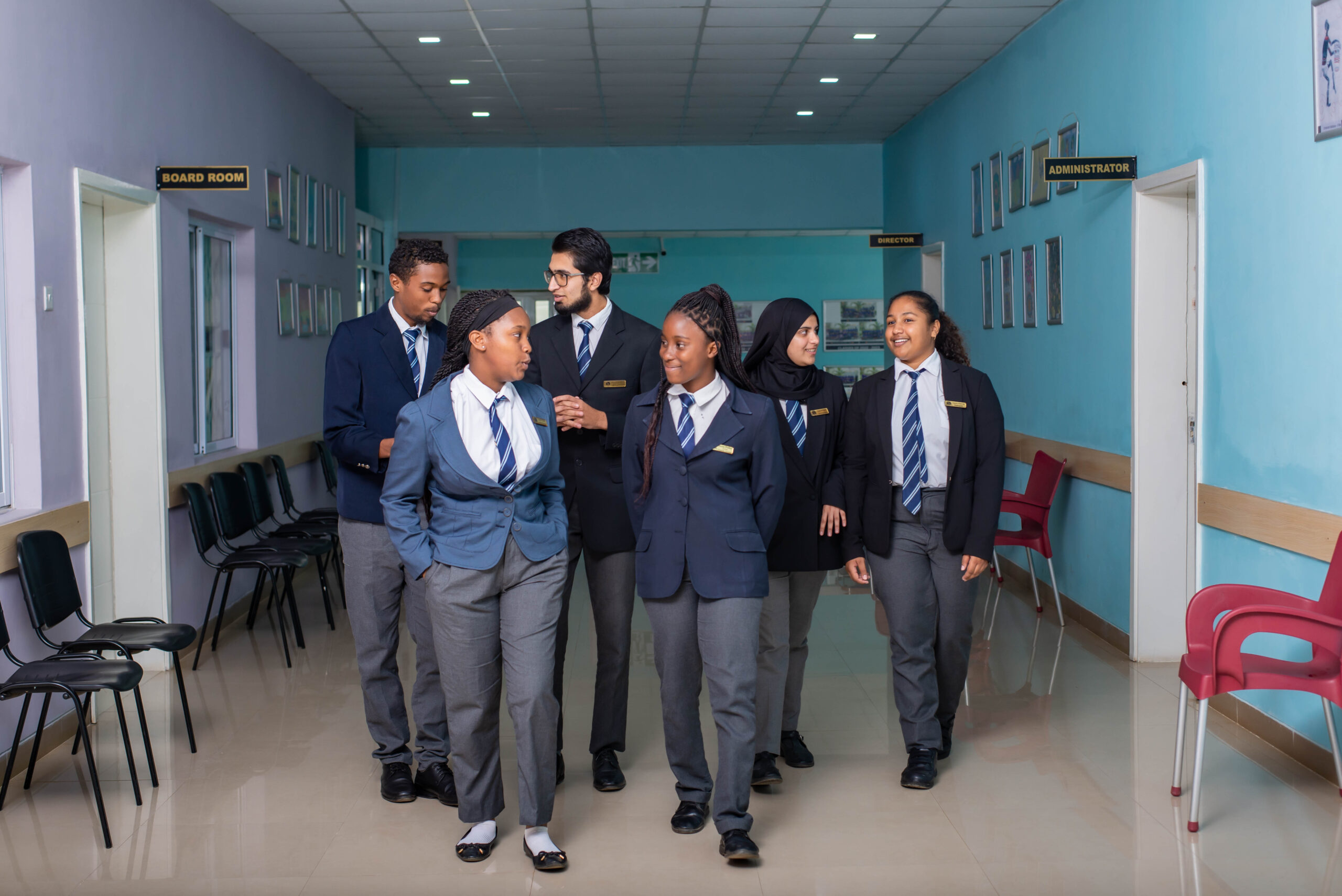Core Curriculum
Cambridge Curriculum
We follow the Cambridge International Curriculum and incorporate the English National Curriculum's Key Stage 3 for Lower Secondary School (Year 7 to Year 9).
Year 9 students take Checkpoint Examinations in English, Science, and Mathematics, providing insight into their potential to study for the Extended or Core Syllabus.
Our offerings include the IGCSE and A-Level programs as two-year programs.




WHY CHOOSE CHISThe Best Beneficial Side
The Best Beneficial Side
of CHIS
Professional University Placement Programs
Technology for future Professionals
Nurturing enthusiastic learners

+
LEARNERS ENROLLED
YEARS OF EXCELLENCE
%
SATISFACTION RATE
+


